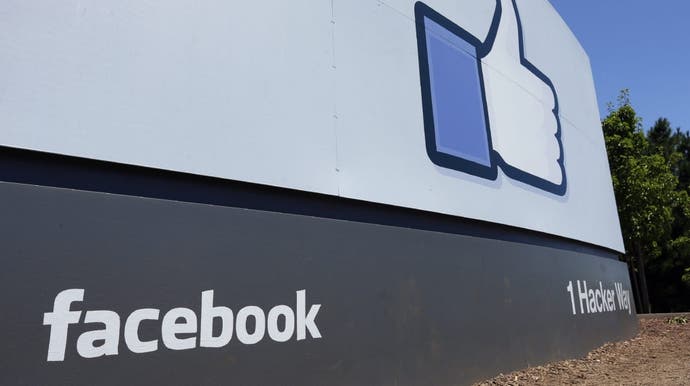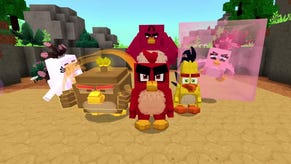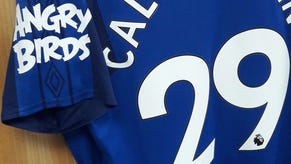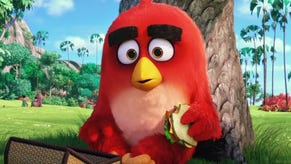Facebook accused of "friendly fraud" and intentionally misleading children
"It doesn't necessarily look like 'real' money to a minor."
Facebook has been accused of deliberately targeting children in order to tempt them into making in-game purchases, pursuing revenues at the expense of children and their parents.
According to Reveal (via Reddit) - which reportedly obtained court documents from a class-action lawsuit that were ordered by a U.S. District Court Judge to be unsealed earlier this month - Facebook orchestrated a campaign to dupe children and their parents into paying thousands of dollars to maximise profits for games like Angry Birds, PetVille, and Ninja Saga. Facebook had until 24th January to make some of the court documents - which span from 2010 to 2014 - public.
Calling the practice "friendly fraud" and reportedly ignoring some of its own staff's efforts to protect vulnerable users, the children were encouraged to make purchases without their parents' permission, while in other cases, they weren't even really aware that they were spending "real" money at all. And in the instances where children had amassed huge spending - such as $6,500 in one case - Facebook employees were told to deny refund requests, reportedly calling the children "whales", the same term used by the gambling industry to disparage high spenders.
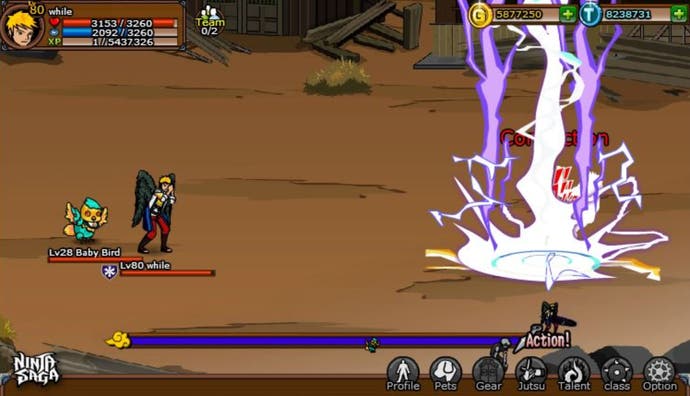
Despite refund refusals, many parents pursued their claims with the US Better Business Bureau in such numbers that the Federal Trade Commission would typically "red flag" such a company for what Reveal calls "deceptive business practices". Analysing its own data from 12th October 2010, to 12th January 2011, it deemed children had "spent a whopping $3.6 million" in that single three-month period, but more than 9 per cent of the money was being clawed back by the credit card companies. The average chargeback rate for businesses is 0.5 per cent, and 1 per cent is considered "high". 2 per cent thought to be a "red flag" indicator of a "deceptive" business.
Facebook employee Tara Stewart said in July 2011 that "if the devs are really concerned about the [chargebacks] and not refunds it could make sense to start refunding for blatant [friendly-fraud of minors]". The games "PetVille, Happy Aquarium, Wild Ones, Barn Buddy and any Ninja game" were identified by Stewart as being particularly problematic, because - as Stewart wrote - "it doesn't necessarily look like 'real' money to a minor".
While it reads as though Stewart was trying to protect children and prevent them running up charges, in practice it seemed she was concerned in avoiding chargebacks or refunds, which were usually awarded when parents insisted they had not been told Facebook was storing their credit card information or permitting credit card transactions without going through a verification process. She and her colleagues then devised a system where the user would have to input the first six digits of the credit card number again, forcing "the minor to prove he is in possession of the credit card".
"Often refunds/[chargebacks] occur because a parent permits his child to spend at a small denomination and doesn't realize that the [credit card] info will be stored," she wrote in internal documents.
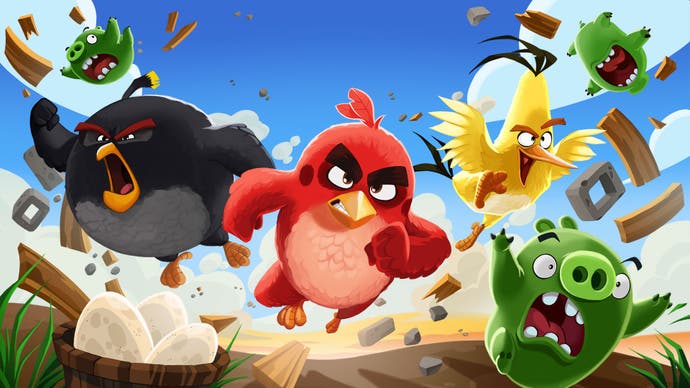
Rovio, the studio behind Angry Birds, was concerned about Facebook's high chargeback rates, according to an email the a studio employee sent to Facebook.
"We have been seeing refund rates of 5-10 per cent in terms of credits spent so far on Angry Birds. This seems quite high to me, but it might just be normal for games on Facebook," a Rovio employee wrote to Facebook. A subsequent investigation into Angry Birds showed that the game's average Facebook player - reportedly just five years old - was usually playing with a parent's permission, but 93 per cent of the time, parents had no idea the child was able to make a payment without further authorisation.
Following what it identified as "a huge need to educate developers", Facebook employees were encouraged to tell developers to manage complaints and chargebacks by offering free virtual items as "virtual goods bear no cost". Other complaints intimated 50 per cent of the time, the user was not receiving receipts for the in-app purchases, and Facebook's reporting mechanisms were seemingly left intentionally convoluted.
"I was stuck in an infinite-loop of questions just today," one employee emailed after an internal test. "It feels like the form is this Frankenstein beast that we've bolted together over the last 6 months or so."
"This makes us think - how many users give up," added another.
Facebook declined to answer specific questions from Reveal, but said in a statement: "We were contacted by the Center for Investigative Reporting last year, and we voluntarily unsealed documents related to a 2012 case about our refund policies for in-app purchases that parents believe were made in error by their minor children. We intend to release additional documents as instructed by the court.
"Facebook works with parents and experts to offer tools for families navigating Facebook and the web. As part of that work, we routinely examine our own practices, and in 2016 agreed to update our terms and provide dedicated resources for refund requests related to purchased made by minors on Facebook."
